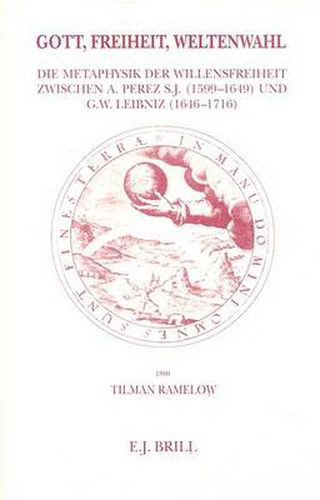Readings Newsletter
Become a Readings Member to make your shopping experience even easier.
Sign in or sign up for free!
You’re not far away from qualifying for FREE standard shipping within Australia
You’ve qualified for FREE standard shipping within Australia
The cart is loading…






This study investigates the origins of the concept of the best of all possible worlds . It exemplifies the character of modern metaphysics, which thinks mainly in terms of freedom and possibility. The book contains three parts. The first part tries to reconstruct this concept both historically and systematically; it deals with the concept of possibility beginning with High Scholasticism. The second part investigates the origins of this idea in the Jesuit theory of scientia media , which is concerned with human freedom and divine foreknowledge. The third part deals with the question, whether there is any necessity to choose the best - a main theme in late scholastic thought of the 17th century. This investigation of a concept unknown before the time of Leibniz, reveals many new sources and fills a gap in the history of ideas.
$9.00 standard shipping within Australia
FREE standard shipping within Australia for orders over $100.00
Express & International shipping calculated at checkout
This study investigates the origins of the concept of the best of all possible worlds . It exemplifies the character of modern metaphysics, which thinks mainly in terms of freedom and possibility. The book contains three parts. The first part tries to reconstruct this concept both historically and systematically; it deals with the concept of possibility beginning with High Scholasticism. The second part investigates the origins of this idea in the Jesuit theory of scientia media , which is concerned with human freedom and divine foreknowledge. The third part deals with the question, whether there is any necessity to choose the best - a main theme in late scholastic thought of the 17th century. This investigation of a concept unknown before the time of Leibniz, reveals many new sources and fills a gap in the history of ideas.